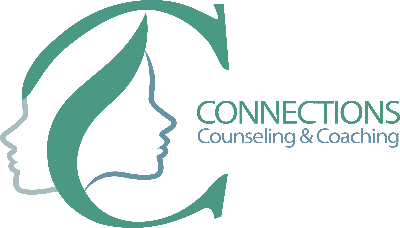If you’re unsure of the difference between coaching and therapy, you are not alone. After all, they have similar concepts and are geared toward achieving the same result—helping a person feel better. However, they do have distinct differences. The roles of a coach are actually quite different than those of a therapist. In fact, a person can have both a coach and a therapist helping with different areas of life.
What is Therapy?
Therapy is psychological counseling. There are many ways of performing therapy, based on the clinician’s theoretical approach, personality, and own life story. Therapy is often a relatively long-term process in which a client works with a mental health professional to diagnose and treat problematic behaviors, relationships, or situation.
What is Coaching?
A life coach may work with a client on a short-term or long-term basis. The primary goals of life coaching include clarifying and setting goals, identifying obstacles to meeting those goals, and achieving desired results. The life coach often serves as an accountability partner, to help the client stay on track and achieve the desired outcomes. Sessions may be weekly or as needed.
Differences Between Therapy and Life Coaching
Therapy focuses on how the past affects the present. A full personal history is taken, and the therapist and client work together to identify past issues and trauma that may be having an impact on how the client lives in the present. In contrast, life coaching focuses on the present and the future. The client’s current situation is considered the starting point, and a plan of action is created for moving forward. In summary, a therapist looks at the past to help clients change their ways of thinking and behaving that affect their present, and therefore their futures. A coach looks at the present to help clients establish goals for making changes that will help them reach their goals for the future.
Therapy and life coaching do have some goals in common. Regardless of which type of professional you choose to work with, they both assist their clients in making positive changes in their lives and becoming better. A therapist operates from a mental healthcare perspective (while the client may be physically well) while a life coach, on the other hand, works with people who are healthy and functional but are having difficulty realizing or reaching their maximum potential.
Location
Traditionally, therapy takes place in the therapist’s office, and sessions typically last 45-50 minutes weekly. In some states, therapists can only practice in the state in which they are licensed. Currently, more and more therapists meet with clients by phone or online, although by law both the client must still reside in the state in which the therapist is licensed.
Coaching sessions traditionally take place on the phone or online, although they may take place in the coach’s office. Many coaches prefer to work weekly with their clients.
Regulation
At this time, coaches are generally not regulated by any government authority; however, several states are considering implementing regulation. Most states regulate therapy; the license is usually called something similar to Licensed Marriage and Family Therapist or Licensed Professional Clinical Counselor. Licensed Clinical Social Workers, Licensed Psychologists, and Psychiatrists can also perform psychological counseling.
Fees and Coverage
In-office therapy is typically covered by health insurance (telemedicine is often not covered). Some therapists are on insurance panels, others accept insurance as an out-of-network provider. Still others will not bill your insurance directly, but will give you a receipt to send into your claims department to receive reimbursement for your sessions. Coaching is not covered by insurance.
Therapists usually charge by the session, while coaches often set their fees based on packages of services, which include scheduled sessions and in-between contact.
A Matter of Choice
The decision of which type of professional best suits you is your choice. You may choose to work with a licensed mental health professional, and work to heal the past to create a better future. You may choose to work with a life coach to get help defining and reaching your goals. Many times, a person will start with either coaching or therapy, and then add in the other to work on issues from different angles. Coaching and therapy can work very well together. Whatever your choice, if you are looking for help moving forward in your life, help is out there.

